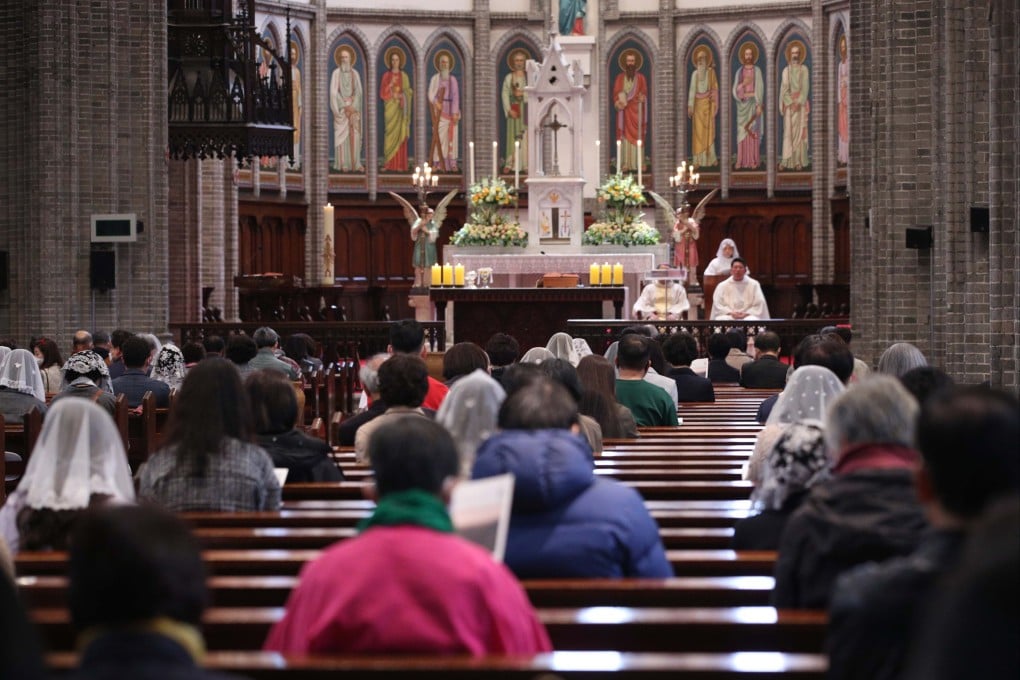Why South Korea’s Catholic bishops want dormant death penalty to be fully abolished
- The latest hearing is a result of a 2019 appeal by the Catholic Bishops’ Conference of Korea, on behalf of a prisoner convicted of murdering his parents
- The constitutional court has reviewed the legality of the death penalty twice before, but the inclusion of liberal justices is raising hopes that it may rule in favour of complete abolition this time round

The country of 51 million is widely seen as abolitionist in practice – it has not hanged anyone for 25 years – but the latest case before the Constitutional Court is raising hopes among anti-death penalty activists that a complete and irreversible abolition is possible.
Thursday’s proceedings are the result of a 2019 appeal by the Catholic Bishops’ Conference of Korea, on behalf of a prisoner who has been referred only by his last name, Yoon.

He was handed the death penalty after being convicted of murdering his parents in an earlier trial. The Constitutional Court has heard the matter of the constitutionality of capital punishment twice before, in 1996 and 2010.
The inclusion of liberal justices in the court since 2010 has offered activists hope that there may be a favourable outcome this time around.
In 1996, the nine-judge Constitutional Court ruled the death penalty constitutional by a margin of 7-2. In 2010, it affirmed the constitutionality of the death penalty with a margin of 5-4. At least six of the nine judges must agree for the court to strike down capital punishment.
The claimants in the latest case – the Catholic bishops – are arguing that the justice system uses criminals as a “social shield for society”, in addition to the death penalty ultimately posing as an “invasion of human dignity and value”.